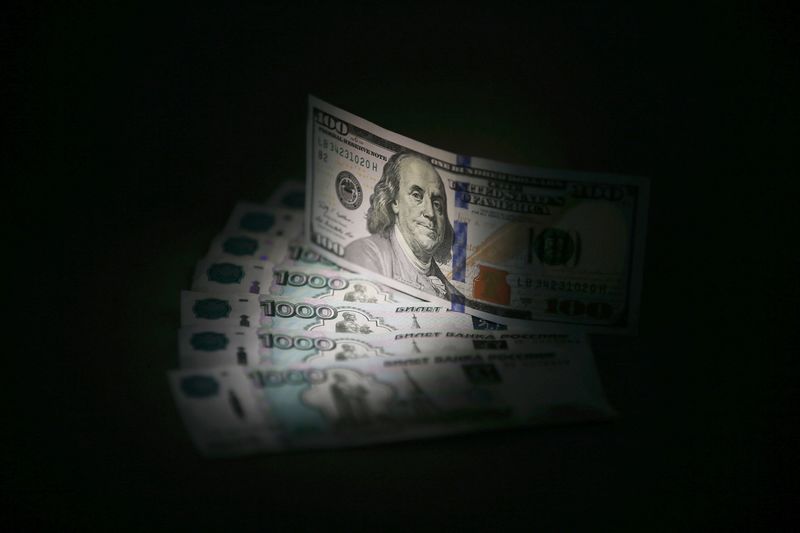Bullish indicating open at $55-$60, IPO prices at $37
he Russian central bank is anticipated to maintain its benchmark interest rate at the current level during the upcoming board meeting on February 14, but may adopt a more hawkish tone in its language. This expectation comes from a Reuters poll involving 24 analysts, in light of persistent inflation that has not shown signs of slowing down.
The decision to keep rates steady is influenced by a variety of factors, including high inflation, which Prime Minister Mikhail Mishustin emphasized as a significant challenge for the Russian economy during a discussion with President Vladimir Putin last week. The inflation rate hit 9.5% last year, and containing it remains a priority for the government.
Despite criticism from CEOs of major Russian corporations regarding the central bank’s high interest rate policy, the regulator took markets by surprise in December by not altering the key rate. This move followed a series of rate hikes earlier in the year, which brought the rate to its highest point since the early 2000s.
Analysts have noted a deceleration in lending rates in recent months, suggesting that the central bank’s monetary policy might be effective in cooling the economy. This trend is expected to lead to reduced price pressure over time. According to VTB’s Rodion Latypov, a clear slowdown in lending was observed in November and December.
The rouble’s strength is also contributing to the central bank’s outlook. Having strengthened by 14% against the U.S. dollar since the beginning of 2025, the rouble’s appreciation is helping to alleviate inflationary pressures. However, inflation still remains significantly above the central bank’s target levels, as noted by Sberbank’s Igor Rapokhin.
All analysts predict that the key rate will be held at 21%. Sovkombank’s Mikhail Vasilyev emphasized the need for the central bank to maintain strict rhetoric to avoid premature easing of financial conditions. Additionally, inflation has been driven by state spending for Russia’s "special military operation" in Ukraine, reaching 9.9% on an annual basis according to the latest data.
Dmitry Kulikov from ACRA rating agency suggested that if the key rate remains unchanged in February, it is unlikely to be reduced before summer, when there is a possibility for the annual inflation rate to drop below 8%.
This article was generated with the support of AI and reviewed by an editor. For more information see our T&C.
